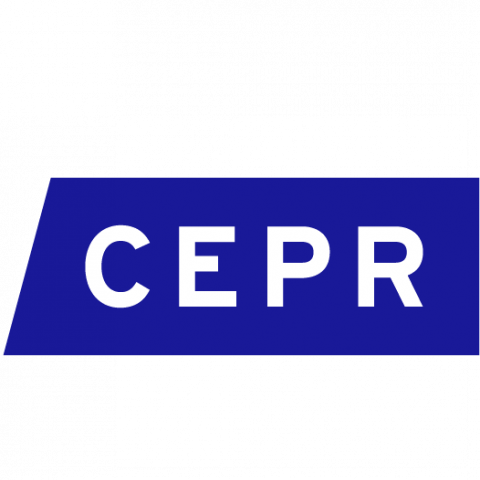
learning
-
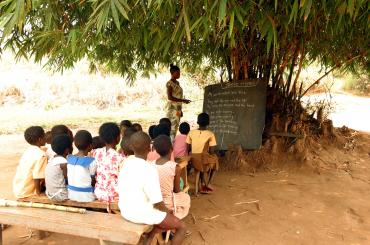
Increasing learning at scale in Ghana
How can we find education programmes that effectively improve learning at scale?
-
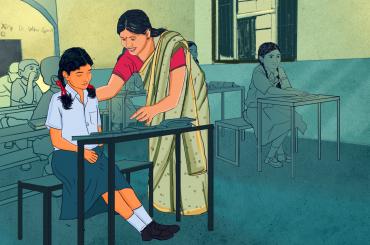
Enhancing secondary school learning: Role of remedial camps and teacher flexibility
A key dilemma in Indian education is that while children are enrolled in school, they are not actually learning. Based on an experiment in Odisha, this article explores possible solutions to the learning deficit in secondary schooling. It finds that tailored remedial programmes improve learning and correct teachers’ beliefs regarding learning levels. However, gains from increasing teacher autonomy in lesson plans are not significant.
-

Nurturing childhood curiosity to enhance learning
A pedagogical programme in Türkiye that nurtured children’s natural curiosity increased science test scores, and had a notable impact on maths and verbal scores
-
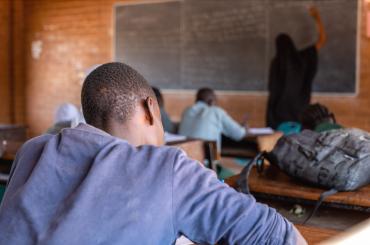
Policies to improve global learning
What does recent evidence tell us are “Smart Buys” for improving learning in low- and middle-income countries?
-
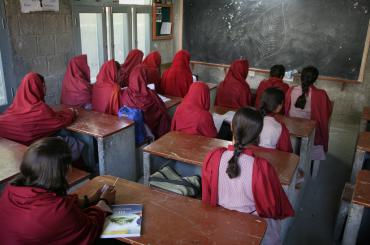
Engaging with teachers unlocks the potential of technology in schools: Evidence from Pakistan
Teacher and classroom targeted education technology improves students attainment, while student only education technology may have negative academic impacts
-

Some farmers create more social value than others: Technology spillovers in Uganda
Farmers are willing to pay to induce other farmers to adopt new technologies, and can help identify who among them should adopt first
-
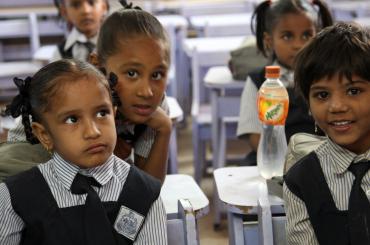
Failure of frequent assessment: Evidence from India’s continuous and comprehensive evaluation programme
More frequent assessment of student performance fails to deliver on improved outcomes when the administrative burden on teachers is high
-
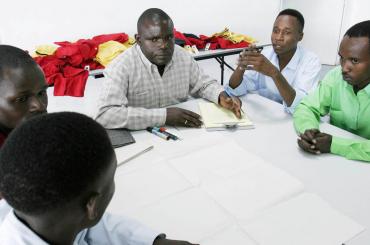
Learning management through matching: Experimental evidence from Ethiopia
Evidence from Ethiopia shows that interning in a management role for a month leads to higher wage earnings and can help some people run profitable businesses